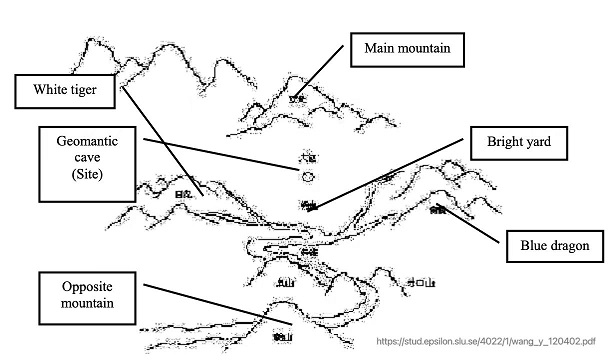


Feng-shui stems from the Chinese cosmology and is closely related to the Ying-Yang dualism. It articulates the Chinese space-place relationship and the dread of nature that profoundly affects the pattern of Chinese landscape and architecture. The Feng-shui theory, although hotly debated since Communism took power in China, currently serves as instrument for landscape evaluation and improvement in the pursuit of an ideal landscape mode for livelihood and eventually for harmony between nature and human being. It has arguably, as guidance, contributed a lot to shaping the ideal landscape, the mode of which, as modeled on Feng-shui, might thus be seen to provide a basic model for the traditional elements of the Chinese built environment, such as city structure, architecture and garden. Feng-shui is in essence a kind of genius loci and the understanding of Feng-shui contributes to landscape architectural theory, particularly from an ecological perspective for sustainability.

Source: <https://stud.epsilon.slu.se/4022/1/wang_y_120402.pdf>
Edited and Translated by Ma Chenshuo